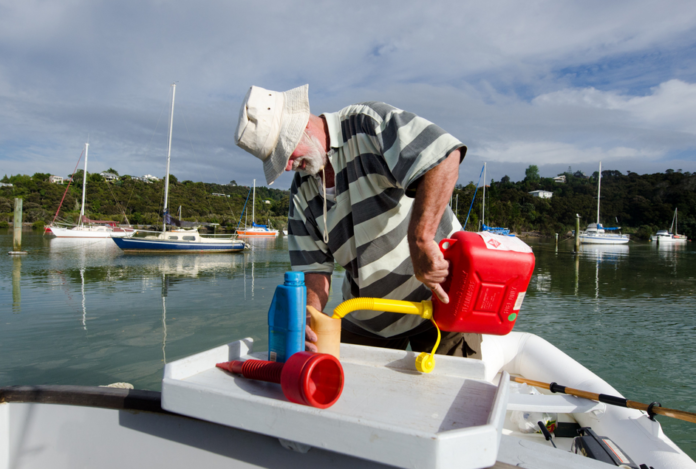Has your boat fuel pump ruined a fun day planned on the water? Your fuel pump plays a crucial role in the performance of your engine.
If it’s broken, it can leave you stranded on the water. Before it gets to that point, there are a few warning signs that your fuel pump has gone bad.
Whether it’s your sputtering engine or increased fuel consumption, recognizing the symptoms allows you to repair or replace your fuel pump before the headaches start.
If you’re interested in learning the signs and symptoms of a bad boat fuel pump, then keep reading!
Stalling or Sputtering
This is the most common sign of a bad fuel pump, but can often be caused by something else. When your engine sputters, it means that it’s not getting enough gas.
If you’re certain that your fuel pump isn’t the issue, then it’s most likely your fuel filter or clogged fuel lines. Be sure to check your entire fuel system for clogs or blockages.
But if your boat sputters suddenly and then resumes regular performance, it’s your fuel pump.
Engine Noise
Any noise coming out of your engine is usually a bad sign. These noises may be an indicator of a larger issue and should be dealt with immediately.
If you hear a whining noise, the issue has to do with your fuel pump.
The normal sound your fuel pump makes is more of a hum. But when there’s an issue, this sound gets louder and louder until it becomes a whine. If it’s not your fuel pump, this sound may mean that there’s not enough fuel inside the tank or that your fuel is contaminated.
Increased gas consumption
You may notice that you’re stopping for gas more often when you have a bad fuel pump. Without the proper amount of fuel, your engine will overheat and lead to more fuel consumption.
Most boaters have a good idea of how long their tank lasts. Before things get worse, make sure to check your entire fuel system as soon as you notice an increased gas consumption.
Heat
As mentioned before, your engine will heat up if it’s not sent the proper amount of gas. If your gauge is signaling higher temperatures than normal, it is most likely from your fuel pump.
Another likely cause of a rise in heat is a broken outboard pump. Your outboard pump works to cool your engine, so if it’s broken, it’ll cause your engine to overheat.
Any of these signs are your cue to repair your boat fuel pump. If you’re wondering when to replace a boat fuel pump, it is when repairing doesn’t work anymore.
For instance, if your fuel pump is causing problems for other parts of your boat, such as your bilge pump, then it may be time to replace it.
If you’re interested, learn more about maintaining your bilge pump.
Boat Fuel Pump
As a boat owner, be prepared for problems to arise. Boat fuel pump replacements aren’t as difficult as they may seem, but they’re avoidable.
If you recognize the signs and symptoms before your fuel pump is irreparable, then you can save yourself money and headaches.
Did you find this article helpful? If so, make sure to read more from us.










